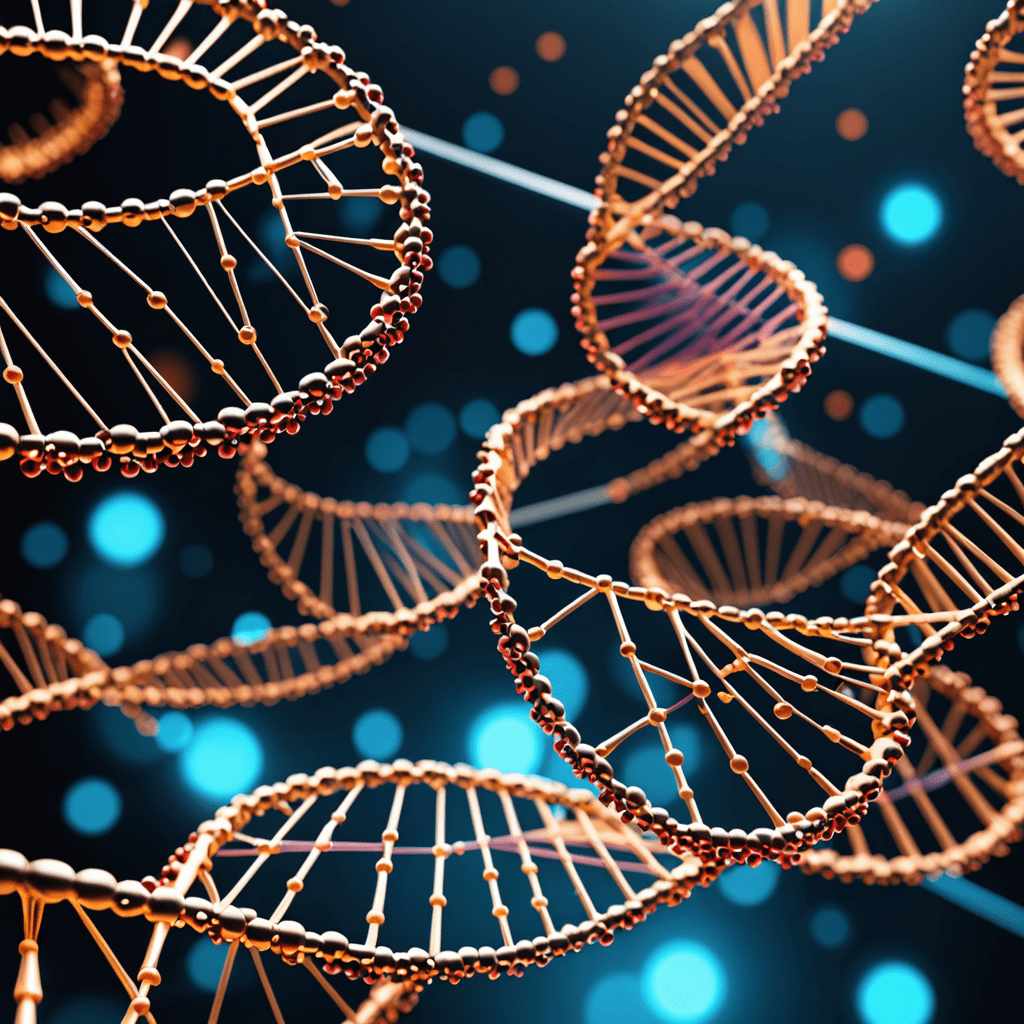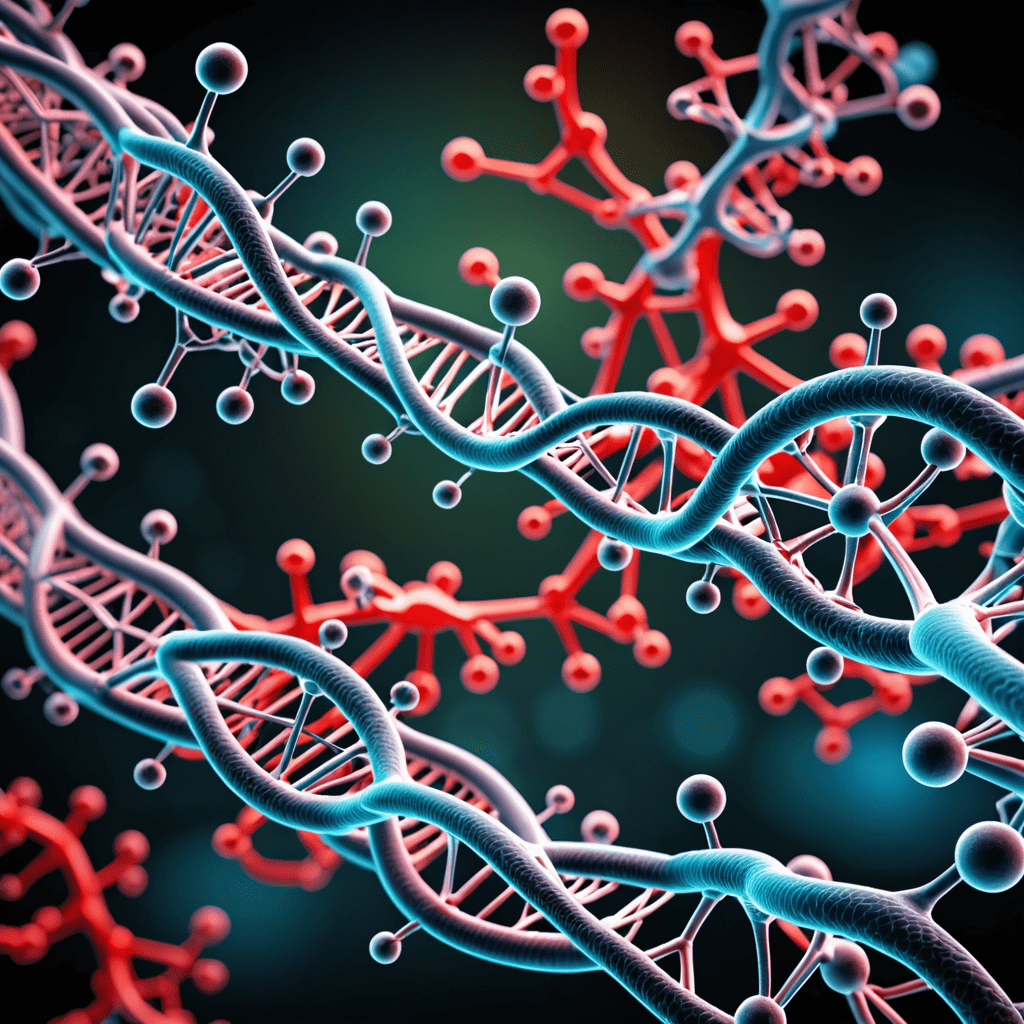Unlocking the Potential of Biotechnology and Bioinformatics in Biomarker Discovery
Biotechnology and bioinformatics are revolutionizing the field of biomarker discovery, offering innovative approaches to identifying indicators of biological processes and diseases. With advancements in technology and data analysis, researchers can delve deeper into the molecular landscape to uncover valuable biomarkers that can transform diagnostics, treatment strategies, and personalized medicine.
The Role of Biotechnology in Biomarker Discovery
Biotechnology plays a crucial role in biomarker discovery by providing tools and techniques to analyze biological systems at the molecular level. Through DNA sequencing, proteomics, metabolomics, and other biotechnological methods, scientists can identify specific molecules or patterns that serve as biomarkers for various conditions.
Leveraging Bioinformatics for Data Analysis
Bioinformatics complements biotechnology by offering computational tools and algorithms to analyze large-scale biological data. By processing and interpreting complex datasets, bioinformaticians can identify correlations, trends, and unique signatures that indicate the presence of biomarkers. This integration of biotechnology and bioinformatics accelerates the biomarker discovery process.
Challenges in Biomarker Discovery
Despite the advancements in biotechnology and bioinformatics, biomarker discovery still presents challenges. Variability in biological samples, data interpretation complexities, and the need for validation in clinical settings are some of the obstacles that researchers face. Overcoming these challenges requires interdisciplinary collaboration and robust analytical methodologies.
Applications of Biomarkers in Healthcare
Once identified, biomarkers have a wide range of applications in healthcare. They can aid in early disease detection, monitoring treatment responses, predicting disease progression, and stratifying patient populations for personalized therapies. Biomarkers have the potential to revolutionize precision medicine by guiding tailored interventions based on individual molecular profiles.
Future Prospects and Innovations
The future of biomarker discovery holds exciting prospects for the integration of artificial intelligence, machine learning, and multi-omics technologies. These advancements promise enhanced accuracy, efficiency, and predictive power in identifying and utilizing biomarkers for improved healthcare outcomes. The synergy between biotechnology and bioinformatics continues to drive innovation in this dynamic field.
Conclusion
Biotechnology and bioinformatics have paved the way for transformative discoveries in biomarker research. By harnessing the power of these interdisciplinary approaches, scientists can unlock valuable insights into the molecular basis of diseases and health. The journey of biomarker discovery is an evolving one, marked by collaboration, innovation, and a commitment to leveraging technology for the betterment of healthcare.


